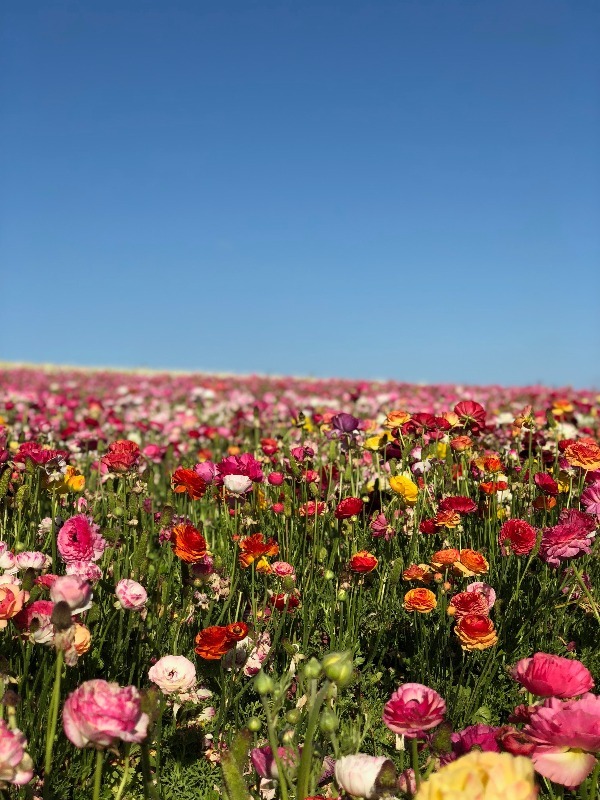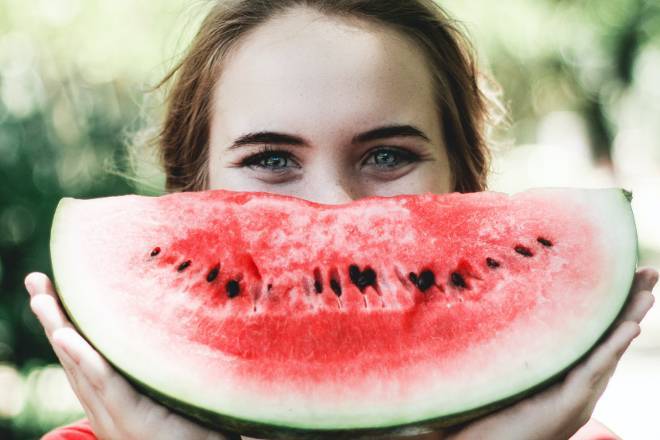
Our love affair with roses
Of all the flowers we grow, roses somehow have a special place in our hearts. They have a unique association in our minds with love and romance. We use them to describe beauty, "an English rose", "a rose without a thorn"; we give them as unmistakable tokens of love; special areas of the garden are set aside for the growing of roses. Where does this devotion come from?
Rose wreaths have been found in Egyptian tombs, showing that they played an important role from the earliest times. The ancient Greeks used roses in worship and dedicated the rose to the goddess of love, Aphrodite. According to legend she scratched herself on a rose thorn when she hastened to the side of her dying lover, Adonis. Her blood stained the white rose red. Is this myth the origin of the tradition of red roses being given as a lover's token? Or do these particular blooms create some sort of visceral reaction within us, making us associate them somehow with this powerful emotion?
Religious orders through the ages, such as the Rosicrucian, have used the rose as a religious symbol, rose windows can be found in many churches and the string of Rosary beads used by Roman Catholics in prayer was originally a string of 150 dried roses. The rose is our national flower and heraldic symbol of the rival Lancaster and York dynasties in the fifteenth century; the red rose of Lancaster and the white rose of York. When Lancastrian Henry VII defeated Richard III at the Battle of Bosworth field in 1485, he ended the war of the roses and married Elizabeth of York, uniting the two warring factions. Symbolically he took as his heraldic symbol a combination of the red and white roses, the Tudor rose.
Cultivated roses were introduced into Europe from China in the late eighteenth century and the Empress Josephine amassed a huge collection of roses from around the world. She commissioned the renowned botanical illustrator, Pierre Joseph Redoute, to record as many of them as he could. His beautiful, botanically accurate illustrations are familiar to many, having been much reproduced.
These sensuous depictions of roses surely add to our affection for these voluptuous flowers but the visual beauty of roses in all their forms from the simple beauty of a hedgerow "dog" rose, to the splendour of a full blown modern English rose, is only a part of the story. Roses have long been prized for the beauty and therapeutic, stress-relieving qualities of their scent.
Aromatherapists know what a powerful effect our sense of smell has on our psyche. It is surely the reason we lift the flowers to our faces and why we are so often disappointed by some of our modern hybrids; their lack of scent, denying us that expected climax of pleasure. Perhaps it is this ability of roses to induce a feeling of calm and well being which endears them to us so much, the reason for our long love affair with roses.




